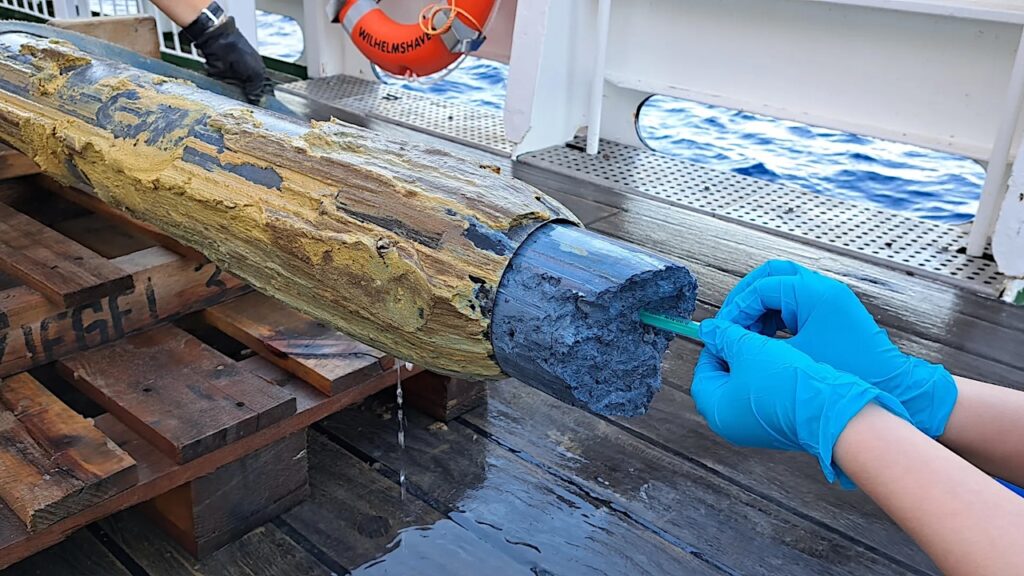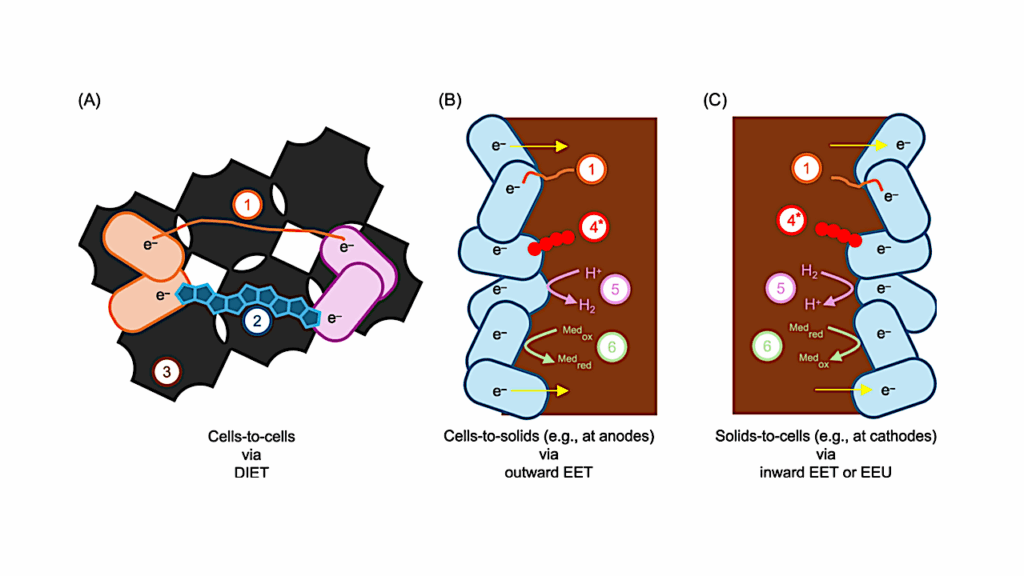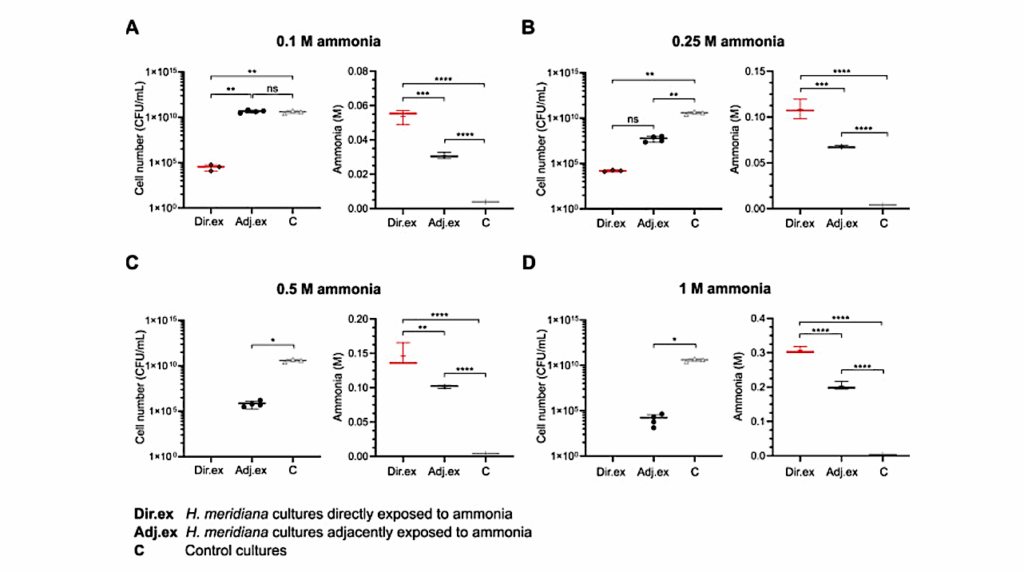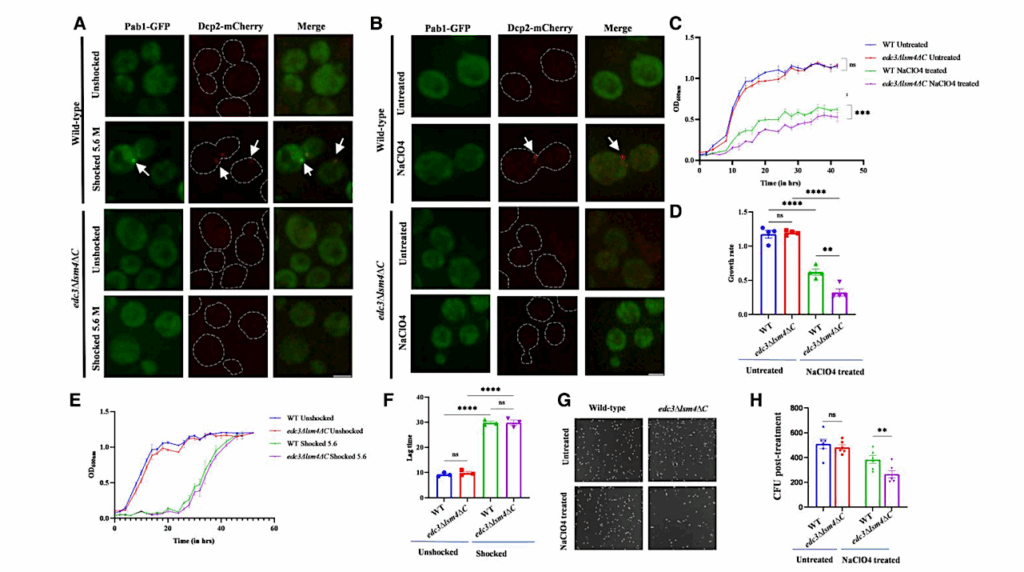Extremophilic Genes Strongly Enhances Escherichia coli Cross-protection To Abiotic Stress

Nature is home to a wide range of species that thrive in extreme conditions. Despite the identification and study of many extremophilic organisms, significant questions remain regarding the limits of life and the potential for enhancing, combining, or transferring extreme characteristics to other organisms.
In previous works of our group, several genes retrieved from environmental extremophiles using functional metagenomics were shown to increase the tolerance of the model bacterium Escherichia coli towards different stress conditions.
Here, we proposed to evaluate whether the rational combination of those resistance genes isolated from environmental extremophiles and involved in different molecular mechanisms enhanced the cross-protection of E. coli to extreme conditions.
Data revealed that the simultaneous introduction in E. coli of environmental extremophilic resistance genes involved in protein degradation, biofilm formation, oxidative stress, and DNA protection resulted in strongly enhanced, non-additive effects, significantly increasing survival rate under perchlorate exposure, UV radiation, and low pH compared to the individual introduction of these genes.
Our findings supports that the introduction of multiple resistance genes isolated from environmental extremophiles that belong to diverse biological processes of stress adaptation may be crucial for engineering of multi-resistant species of interest in biomanufacturing and astrobiology.
Co-expression of environmental extremophilic genes strongly enhances Escherichia coli cross-protection to abiotic stress, Extremophiles via PubMed
Astrobiology, Genomics,








